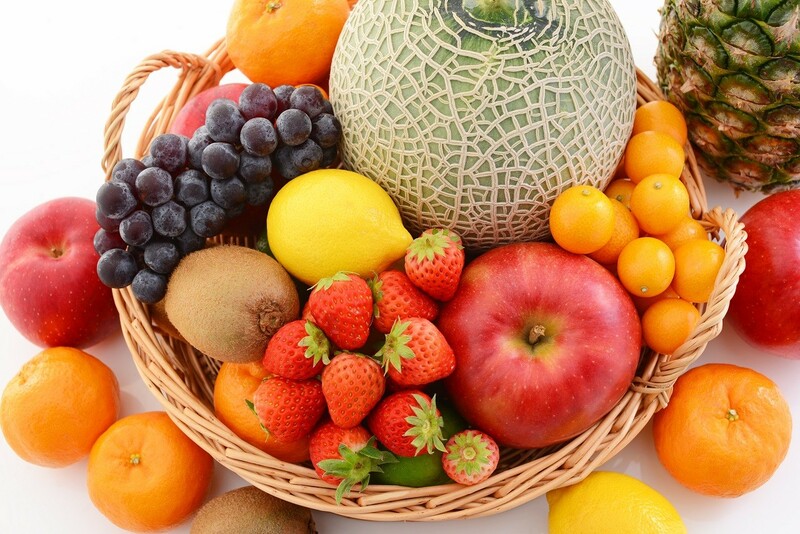Some people underestimate the importance of breakfast and see it as a small, optional meal. However, the truth is that breakfast has been proven to be the most important meal of the day.
Breakfast not only helps to replenish energy after a long period of fasting overnight but also provides the necessary energy for the entire day’s activities. Here are some suggestions for having a healthy breakfast.
Eggs
Eggs are a popular food loved by many people for their convenience, ease of preparation, and delicious taste. In particular, enjoying eggs for breakfast not only provides satiety but also helps to control calories, regulate blood sugar and insulin levels. Egg yolks also provide lutein and zeaxanthin, beneficial antioxidants for eye health.

Although eggs contain a significant amount of cholesterol, infrequent egg consumption has not been linked to increased cholesterol levels in the body. On the contrary, they can help reduce the risk of cardiovascular diseases by increasing “good” cholesterol and decreasing “bad” cholesterol, along with improving insulin sensitivity.
To diversify your breakfast with eggs, you can vary the cooking methods such as boiling eggs with salad, stir-frying with tomatoes, frying or making omelettes,…
Ripe fruits
Fruits provide an important source of nutrients for breakfast. They are rich in antioxidants, vitamins, and minerals, which help improve health. Fruits such as bananas, apples, pears, kiwis, avocados,… are all good choices for breakfast.

Oatmeal
Oatmeal is a perfect choice for those who love cereal for breakfast. It contains beta-glucan fiber that helps reduce blood cholesterol, increase satiety, and stimulate PYY hormone – a hormone released by the gut and intestinal cells to control appetite.
Furthermore, oatmeal is also rich in antioxidants, which help reduce blood pressure and benefit heart health. However, it should be noted that the protein content in 35g of cooked oatmeal is not enough to meet the protein needs for breakfast, so you can combine it with milk, cheese, or eggs to supplement.
Nuts
Nuts are a source of protein, unsaturated fats, and high fiber, providing energy and maintaining satiety for a long time. They are also rich in important vitamins and minerals such as vitamin E, magnesium, and zinc.
A good way to incorporate nuts into breakfast is to mix them into yogurt or oatmeal. You can also add nuts to toast or cookies to enhance the nutritional value.
Milk
Morning is the best time for the body to absorb nutrients from milk such as calcium, protein, vitamins, etc. Take advantage of this opportunity to supplement nutrition for breakfast. Some suitable milk options include cow’s milk, goat’s milk, yogurt,…







































